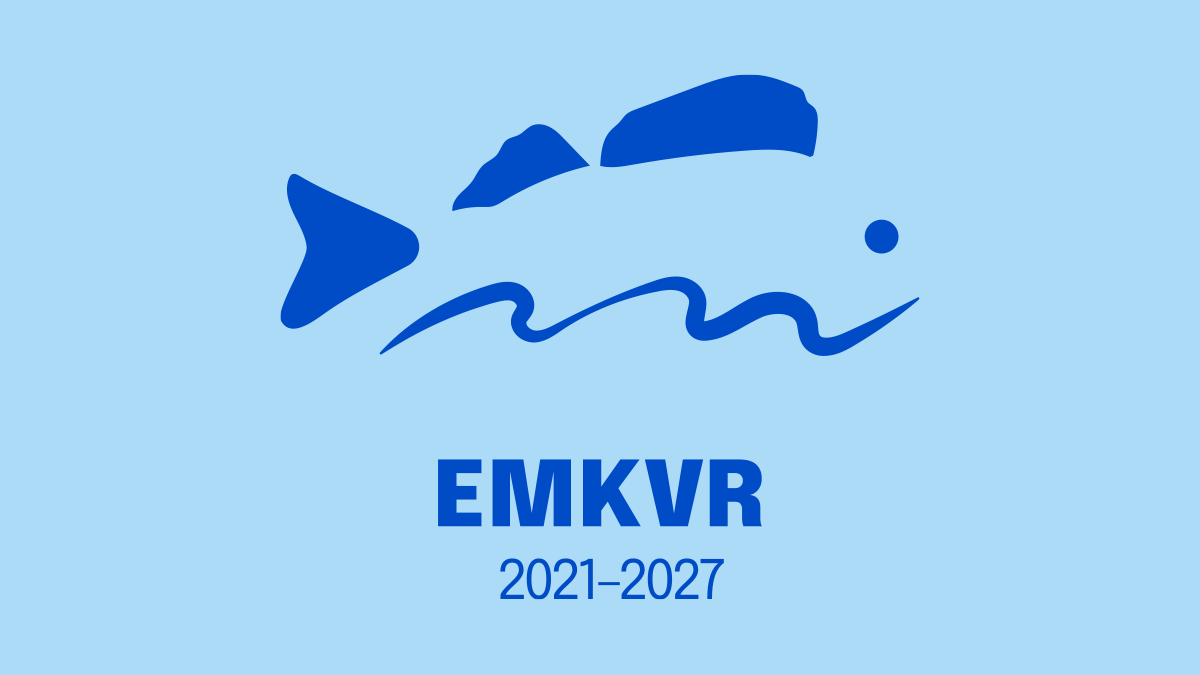Blue Care: combating marginalisation through fisheries

Ostrobothnia FLAG
Southwest Finland
“Take care of the Ocean and the Ocean will take care of you”
This project has adapted the concept of Green Care to provide a therapeutic experience through work in an outdoors, marine environment. Getting immersed in the world of fish will, it is hoped, turn some difficult lives around.
In Ostrobothnia, some 16% of school children are struggling with learning difficulties and low motivation and can often find themselves at risk of marginalisation. And yet, this younger generation is important for the future of the FLAG area, including for the fisheries sector, given its aging workforce. This project aims to tap into the need for fisheries to better engage with young people by offering specially designed working programmes for struggling pupils. The idea is to make their studies more meaningful, as well as offering inspiration for potential careers, such as fishing.
Natural Resources Institute Finland (Luke), is coordinating work between fishermen and three local schools to design a programme for 13 to 15-year-old pupils with learning difficulties. Based on the use of farm work for educational purposes, the coordinator provides a programme outline, which each school then tailors to the specific needs of its children and the timetable possibilities – with input from participating fishermen.
The activity takes place approximately once a week at the harbour and on fishing boats and is designed to fit the school curriculum in, for example, in maths, biology and entrepreneurship. The pupils participate in the fishermen’s land based activities (landing fish, taking care of nets, the boat, and catches and possibly smoking fish) and the fishermen are financially compensated for the service they provide (€35 per hour).
- Results: The project is still in its early phases but based on the results of similar projects on farms, the project promoter hopes to see improved learning, motivation and energy among the pupils. Indeed, pupils will get to see practical examples of subjects they have learned at school: species of fish studied in Biology, how a business works from their entrepreneurship classes etc. By working together with the fisherman, the children experience the world of work and are expect to finish with a more informed and positive opinion of the local fisheries sector.
- Transferability: At first glance, this project may appear highly transferable as many coastal areas will have fishermen interested in taking part in this activity and children who could benefit from it. However, school curricula and their flexibility to allow activities like this may vary widely from country to country.
This project focuses on older pupils, but good results have also been achieved on farms with 10-11 year olds. With modification, a similar programme could also be developed for people recovering from burn out, mental illness, depression or for recovering addicts.
- Lessons: Experience indicates that group sizes should be small as pupils need time to learn at their own pace and get an appropriate amount of attention. Not all pupils do not gain benefit from this type of activity should therefore be selected carefully. The personality of the participating fishermen is also important as not everyone is suited to working with children. Allergies and phobias the children might have is also something to be considered before a visit.
- Contribution to CLLD objective: Art 63 d) Promoting social well-being and cultural heritage in fisheries areas
- Key words: Education, intergenerational projects, upskilling, social inclusion,
Total project cost and funding
Total project cost: €39 845
(a) FLAG grant: €31 876 (80% of total project cost)
- EU contribution (EMFF): €13484
- Other public contribution (source): €1845
(b) Beneficiary contribution: €7 969 (20% of total project cost)
Project information
Official project title in Member State language:
Blå omsorg (Blue care) –servicemodell för utsatta barn och unga I Österbotten
(Service model for vulnerable children and young people in Ostrobothnia)
Implementation duration: August 2017 – June 2020
Case study date: August 2017
Beneficiary
Natural Resources Institute Finland (Luke)
Researcher Pia Smeds
pia.smeds@luke.fi
+358 29 532 6549
FLAG details
FLAG Ostrobothnia Kustaktionsgruppen
jessica@aktion.fi
+358 50 465 2565



